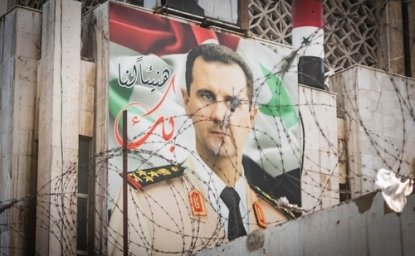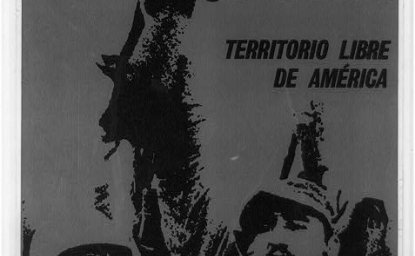Global Fellow Enrico Fardella Publishes Chapter on Sino-Italian Normalizaion
Wilson Center Global Fellow Enrico Fardella has published a chapter on "The Normalization of Relations between Italy and the People's Republic of China"
Wilson Center Global Fellow Enrico Fardella has published a chapter on "The Normalization of Relations between Italy and the People's Republic of China"
Wilson Center Global Fellow Enrico Fardella has published a book chapter entitled "The Normalization of Relations between Italy and the People's Republic of China" in a new volume, Italy’s Encounters with Modern China: Imperial Dreams, Strategic Ambitions (Palgrave Macmillan, 2013), edited by Maurizio Marinelli and Giovanni Andornino.
Fardella's chapter draws on documents obtained from the Chinese Foreign Ministry Archive in Beijing to offer a broad description of Sino-Italian relations from the founding of the People’s Republic of China (PRC) in 1949 to the normalization of diplomatic relations in 1970. The analysis is divided into three parts, beginning with an appraisal of the connection between the “lost opportunities” for normalization in 1949, 1955, and 1964 and the structure of the Cold War system. Fardella then proceeds to discuss the shift in China’s domestic and foreign policy in the second half of the 1960s and the key factors enabling renewed Sino-Italian engagement. Finally, the chapter illustrates how Italy and China, so-called “third actors” in the Cold War system, seized a delicate window of opportunity to forge a diplomatic compromise of significant international import.
In addition to being a Wilson Center Global Fellow, Fardella is Bai Ren jihua Assistant Professor at Peking University, Research Associate at the Torino World Affairs Institute (TWAI), Research Scholar of the Machiavelli Center for Cold War Studies (CIMA), and former ECNU-Wilson Center Scholar.


The Cold War International History Project supports the full and prompt release of historical materials by governments on all sides of the Cold War. Read more


A global leader in making key archival records accessible and fostering informed analysis, discussion, and debate on foreign policy, past and present. Read more



